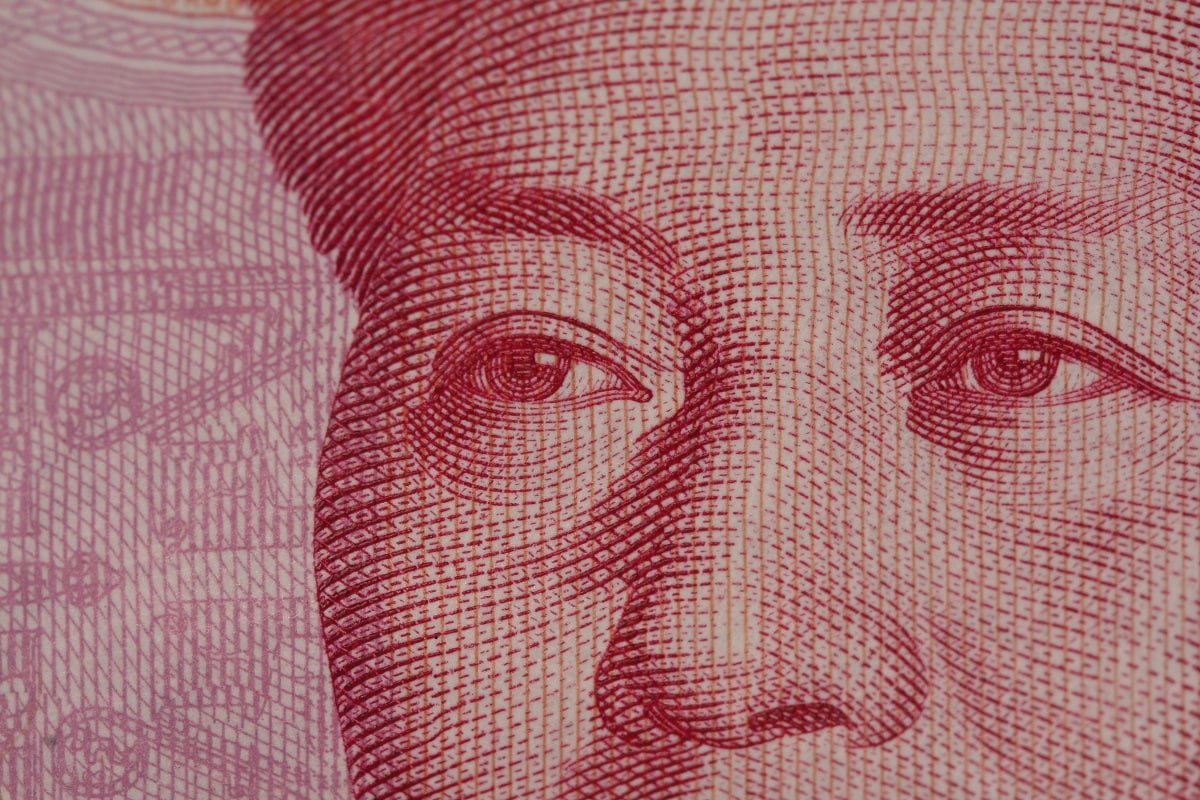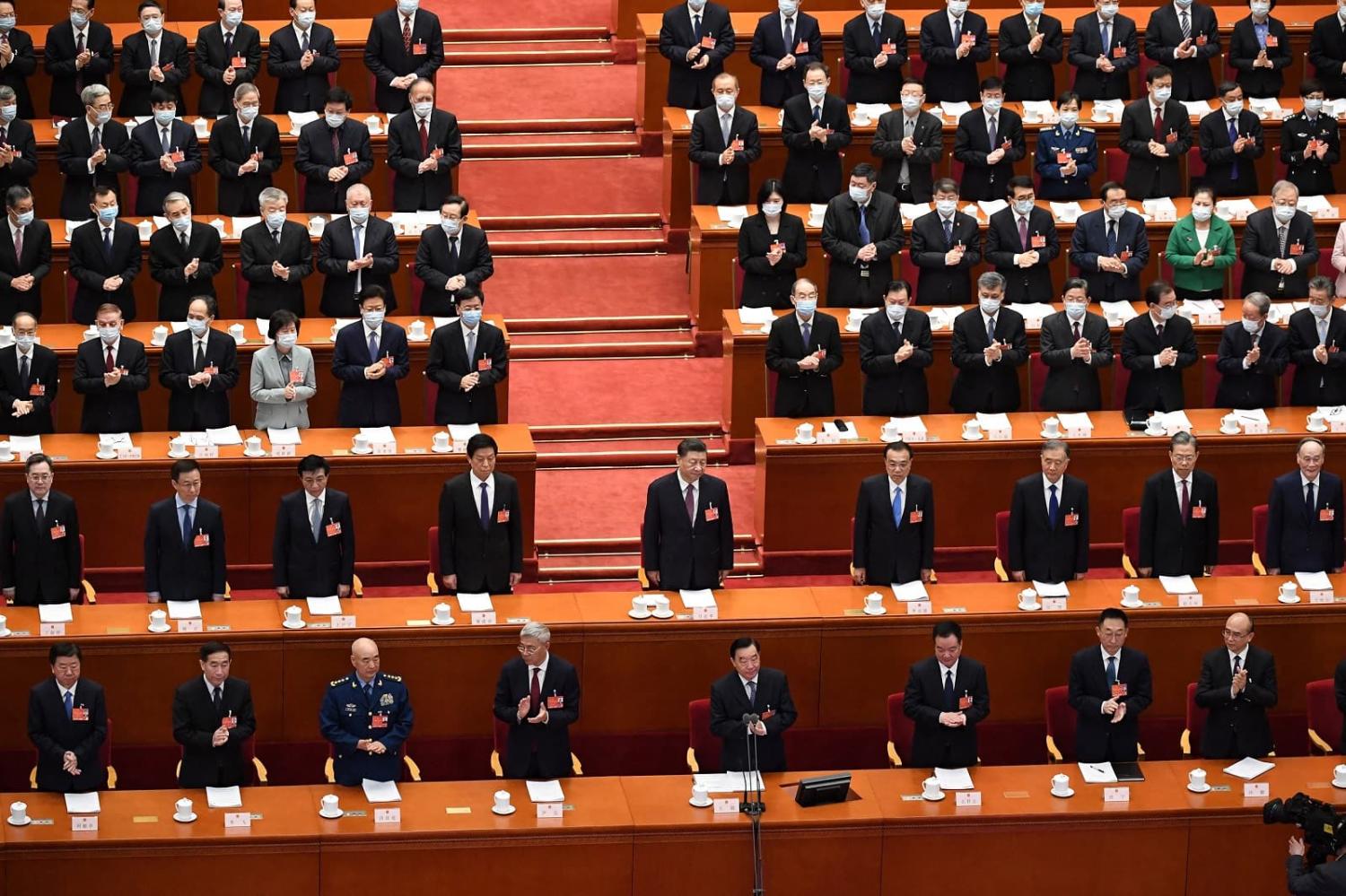He’s got his 2,300 hand-picked delegates lined up for the Communist Party of China (CPC) congress starting 16 October, and he’s junked the previous limit of two five-year terms as president. So, China’s supreme leader of the last ten years, Xi Jinping, looks assured of at least another five years in power. Onwards towards contesting world domination is the fear among strategic pundits elsewhere.
But if you’re worried about the rise of China, maybe you should be rooting for Xi to have another five-year term, or even two or three more. Consider what he’s achieved in his ten years at the top.
He’s brought the once rampaging Chinese economy to a near stand-still. When President Xi got the top jobs at the 2012 party congress, China’s economy was growing at 7.8 per cent a year. In the first half of this year, growth was 2.2 per cent annually, trailing behind most other Asian countries and even the United States. China’s financial system is burdened with debt and over-capacity in housing construction, exports and infrastructure as a result of Xi’s priority on immediate growth, achieved by pumping up these sectors. For more than a decade, economists inside and outside of China have been advising a switch to domestic consumption and services. But that would have meant the CPC loosening control on individuals and private enterprise – a no-no for the “chairman of everything” who favours state-owned enterprise.
Recently, he’s made things worse by insisting on a zero-Covid strategy, shutting down Shanghai, Chengdu and other economic powerhouses.
As well, he’s been wringing the critical and creative life out of China. One by one, he’s smothered centres of independent thinking. Defence lawyers. Civil society organisations. Questioning academics. Independent film-makers. And he’s repressed private business – the most vibrant part of China’s economy – such as Jack Ma’s e-commerce groups Ant and Alibaba, which pioneered China’s rapid move into a service economy.
On the foreign policy front, Xi dropped Deng Xiaoping’s low-profile maxim, instead authorising “wolf warrior” diplomacy, ramping up industrial and cyber espionage, and intensifying CPC “United Front Work” influence-building operations aboard. It’s resulted in a global backlash that cut Chinese industry off from many high-tech collaborations.
Hong Kong? Xi proposed integrating it into a wider “Greater Bay Area” with nearby industries and business in the Pearl River Delta. Great idea, if it meant Hong Kong’s financial, legal, academic and media standards would filter into these other regions. Instead, he used the reasonable Hong Kong mass protests against proposed extraditions to Chinese mainland courts as an excuse for sweeping political intervention – in effect taking this previous beacon of good governance downwards towards the arbitrary laws used on the mainland.

Meanwhile, Xi diverted a trillion dollars of China’s savings into his Belt and Road Initiative, financing prestige facilities and hastily-conceived infrastructure schemes, often in countries with poor fiscal standards such as Sri Lanka. Much of this money has had to be either written off or converted into equity in insolvent assets. The BRI’s heavily subsidised rail link across the Eurasian landmass into Europe has been choked by war in Ukraine and European sanctions on Russia. Xi now needs a longer rail route, skirting south of Russia.
Xi has even tried to exert his powers in the bedrooms of China, relaxing the one-child policy started by Deng in 1978. But he has failed to reignite passion, or at least procreation. China’s women are showing less and less interest in getting married and having babies. Next year, the country’s population will start to decline and will be overtaken by India’s. The proportion of aged people needing more social support will rise inexorably, crimping the state budget for other things. According to the Australian population and migration expert Abul Rizvi, using the latest United Nations data, by the end of the century, China will shrink from the present 1.4 billion people to about 777 million. That’s not an entirely bad thing: even if the economy grows only a little in the years ahead, per capita income will double. China can grow old and get rich, after all. But Beijing likes to boast about speaking for the world’s biggest nation.
That does leave us with Xi Jinping, now 69 and still short of his dream of reuniting all the territory claimed by China into the motherland. It’s a dangerous age for an unfulfilled autocrat. Vladimir Putin turned 69 last October, not quite five months before he invaded Ukraine. With unchallenged authority, Xi can channel diminishing revenues into the military. So, with a bit of vigilance to keep China restrained externally (and he himself must now be wondering how good is his Russian-model weaponry), should Xi’s critics be content to let him run Chinese growth into long-term stagnation?
It’s a dismal picture. Anyone familiar with China should be disappointed, and hope that someone, somehow, somewhere in the Chinese system can break out to put China back on a more open and collaborative path.
Xi has taken a lot of the fun out of China. Not just for the 96 million CPC members (over two-thirds of them male) who thought they were signing up for a career of baijiu (white spirit)-lubricated banquets, xiaojie (young women) and guanxi (connections) leading to lucrative deals – but instead got endless sessions studying Xi Jinping Thought. They deserve it.
But for the vast numbers of Chinese people who were enjoying their new prosperity, their freedoms to travel and experience other ways of life, a new flourishing of Chinese culture: they deserve more than the banalities Xi is offering.

